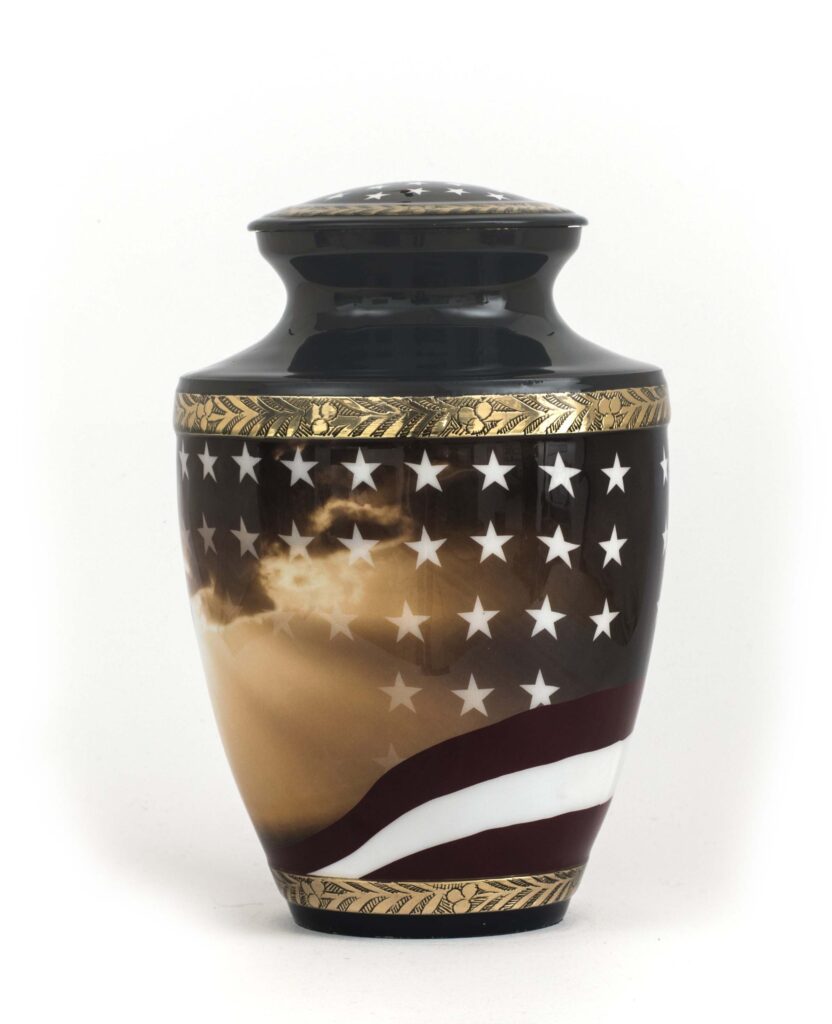what does the bible say about cremating
Cremation, as an end-of-life option, has been a topic of debate and discussion among various religious groups for centuries. While many turn to scripture and religious teachings to find answers, the Bible’s stance on cremation may surprise some. This article delves into what the Bible and Christian teachings have to say about this practice.
Can Christians or Catholics be cremated?
Historically, cremation was often viewed with skepticism by Christians, primarily due to their belief in the physical resurrection of the body. Ground burial was a preferred method, not only for its religious significance but also as a way for Christians to distinguish themselves from Pagan religions that predominantly practiced cremation. However, post-1960s, the Roman Catholic Church accepted cremation, provided it doesn’t denote disbelief in resurrection. While many Christian denominations now find it permissible, the Eastern Orthodox Church remains opposed and the Vatican advises against keeping or scattering ashes at home, recommending church cemeteries instead.
Is cremation a sin?
While burial was the more common practice in Biblical times, the Bible doesn’t explicitly condemn cremation. Many passages hint at cremation being reserved for dire circumstances, but there’s no direct criticism of the act. For many Christians, the pressing question is the compatibility of cremation with the belief in bodily resurrection. Addressing this concern, the Vatican stated in 2016 that cremation doesn’t affect the soul or hinder God’s ability to resurrect the body. Bodies that are traditionally buried eventually decompose over time. Therefore, the pertinent question isn’t whether cremation is sinful but if it aligns with individual beliefs and preferences.
It's more of a personal preference.
The timeless wisdom of the Bible continues to guide believers in various facets of life. One profound lesson from Job 34:14-15 is the inevitability of returning to the earth — ashes to ashes, dust to dust. As faith has been a beacon throughout one’s life, it naturally influences end-of-life decisions. The Bible suggests that the method of body disposal, be it cremation, burial, or scattering, isn’t as critical as the legacy one leaves behind. Exploring various cremation options might offer ways to honor personal faith while leaving a meaningful legacy for the earth and loved ones.
Conclusion
The subject of cremation in the context of Biblical teachings is multifaceted. While scripture doesn’t explicitly condemn the act, various denominations have their interpretations and guidelines. Ultimately, the decision rests with individual beliefs, personal preferences, and the legacy one wishes to leave behind. The Bible’s overarching message is the importance of faith, love, and the impact one has on the world, regardless of the chosen end-of-life method.





